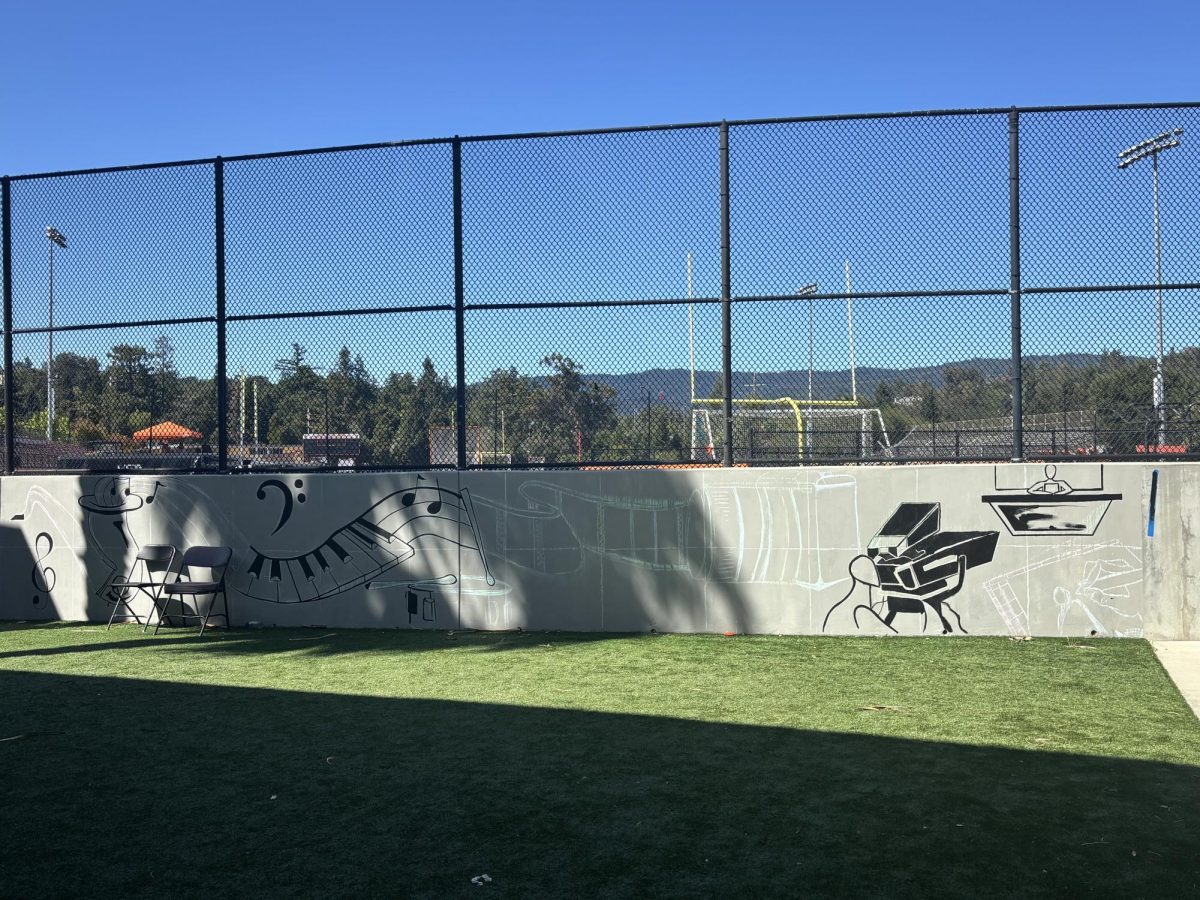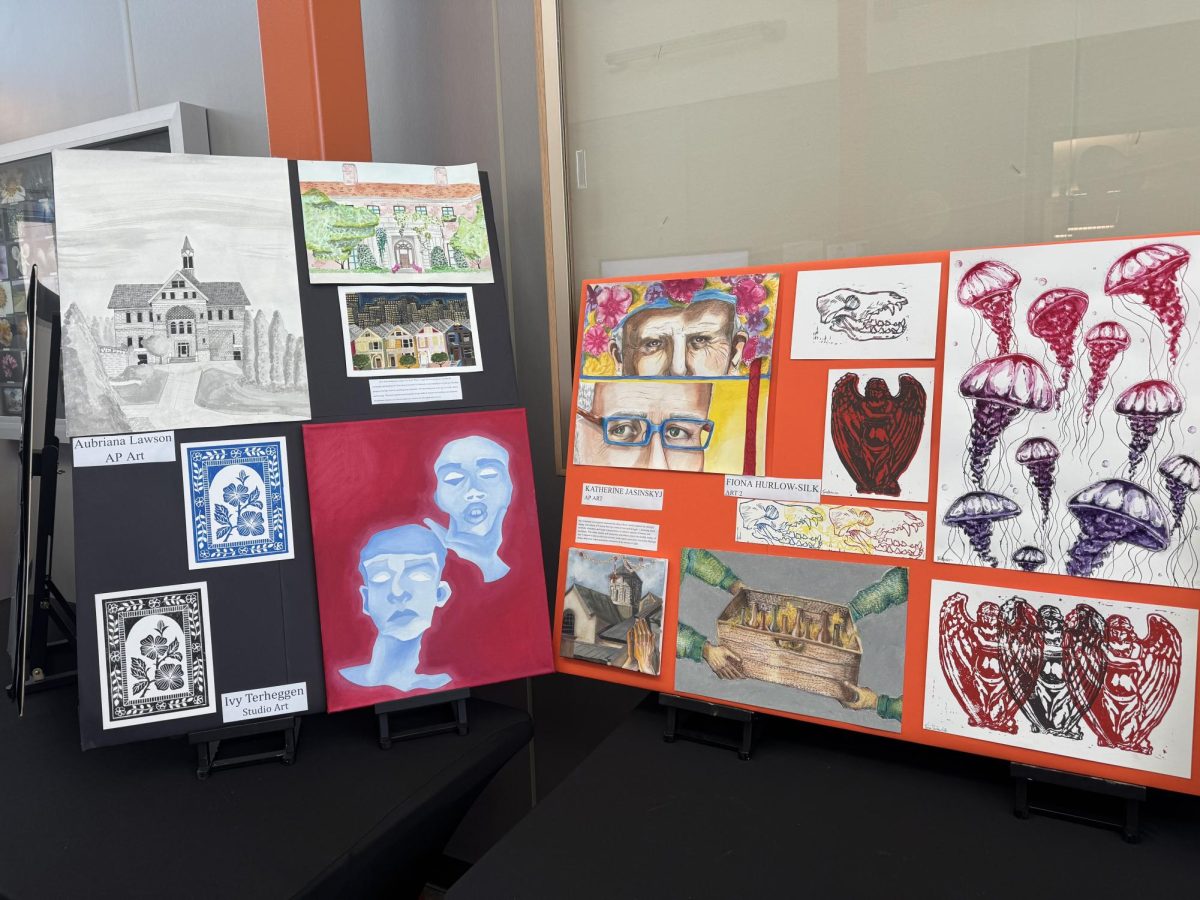The following review is spoiler-free.
Some say that social media has completely taken over our lives. And, in Netflix’s latest reality show “The Circle,” producers take this concept to the next level.
Isolated in hotel rooms, “The Circle” contestants compete for a prize of $100,000 by voting out other players. The catch? Their only connection to other players is the Circle, a voice-automated social media profile and chatroom, which coordinates group games, opens players’ profiles and photo albums, and allows players to host private chats. The game relies heavily on first impressions, yet private chats can help charming players pull forward in the rankings. Once every day, all the players rank each other based on who they like the most — or, who they think will keep them in the game the longest. The two top-rated players then become Influencers and unanimously choose to block (“eliminate”) someone from the show.
Social media is about keeping up appearances, and for many, it’s about being someone you’re not. In the Circle, contestants form relationships based on either connection or deception, with many using photos of who they believe are stereotypically good-looking in hopes of gaining popularity based on attractiveness. Only viewers have the power of seeing which contestants are telling the truth, and “The Circle” allows viewers to hear the reasoning behind someone catfishing (lying about their identity by using another person’s photos).
Popularity is the heart of the Circle, and many players struggle to separate personal relationships from gameplay, as their strongest connections are simultaneously their fiercest competitors. How much can a person truly learn about someone and form a relationship via private message? Are contestants forming temporary alliances or personal relationships? How far can dishonesty take someone in the competition?
Reality television often centers around drama and superficiality, and though “The Circle” is no exception to this, the show (perhaps unintentionally) manages to reveal truths about society through irony. By having participants communicate only through texts and photos on a social media platform, the show explores the correlation between popularity and physical appearance. In fact, “The Circle” ironically is a reality television show where contestants do not know who is real. The show is entirely focused on social media, on illusions; it’s a popularity contest based on deception.
With (almost) no face-to-face connections, the show is based on a contestant’s ability to make a connection through a screen, and “The Circle” draws in viewers with a perfect combination of suspicion, surprise, and unpredictable twists. Today’s world revolves around social media, and though the program naturally thrives on drama and larger-than-life contestants, “The Circle” succeeds in engaging viewers while answering one central question: What makes someone popular?









